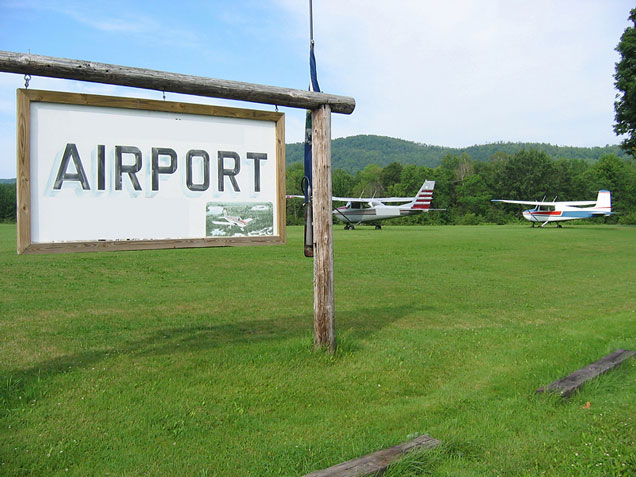If today’s FAA vote in the House is a preview of the upcoming debate over funding for the nation’s surface transportation infrastructure, we can foresee fights between the House and Senate over funding levels and the loss of key public services.

The House will vote today on a proposal to bring aviation spending down to FY2008 levels, spending $59.7 billion over four years. That means reductions in spending on equipment, airport improvements, and staffing. Safety enhancements and security are casualties of the House bill. Meanwhile, the Senate is pushing for a shorter-term bill, funding aviation at $34.5 billion for just two years. The wisdom of a Democratic majority with such a narrow margin betting that it’ll be stronger in two years is open to debate.
According to USA Today, “FAA Administrator Randy Babbitt says uncertainty about FAA funding already has prompted the agency to pause in its efforts to certify new aviation technology and could even slow the opening of aircraft manufacturer plants, thereby reducing jobs.” Sounds like what we’ve been hearing from state DOTs, transit agencies, and the construction industry about the uncertainty of funding for roads and transit.
Perhaps more significant than the (rather predictable) spending cuts is the House’s willingness to end federal subsidies for rural air service. Many rural airports would have no commercial service if it weren’t for federal assistance to the airlines. It’s reminiscent of the GOP plan to privatize rail and let Amtrak die a slow death, knowing full well that private rail services will never be able to make a profit off the highly-subsidized, long-distance rural routes that Amtrak runs at a loss as a public service. The Senate would not only keep the rural air service program, it would double its funding.
The Transportation Committee has said that it will start the surface transportation bill once the FAA reauthorization is complete, so here’s hoping the two houses come to an agreement on the sticking points soon and pass the bill. Leaders in both chambers say they are looking forward to marking up a transportation bill in May.





